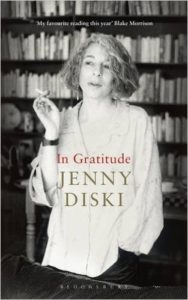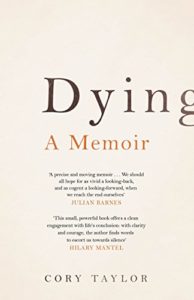Tuesday Reads (Vol 1): 11 June 2019
Dear Reader,
There are so many exciting new books being published that sometimes it is a tad challenging writing about them as fast as one is reading them. I have truly enjoyed reading the following books. Each one has had something special to offer.
The Remainder by Chilean writer Alia Trabucco Zerán and translated by Sophie Hughes is a darkly comic road novel. It is about an unlikely trio in an empty hearse chasing a lost coffin across the Andes cordillera. Felipe, Iquela and Paloma are the three friends who are in search of Paloma’s mother’s coffin. It was “misplaced” in the journey from Germany to Chile. Paloma’s mother passed away overseas but wanted to be buried in her homeland. It is a bizarre journey they embark upon, narrated by Felipe and Iquela. The three were young children and often refer to the referendum night of 5 October 1988 when the people voted to topple Pinochet. At one level the journey can be perceived as a bildungsroman but it is also a coming-to-terms moment for the three with their past. A dark past that cast a long shadow upon Chile. Alejandro Zambra has called such novels belonging to ‘the literature of the children’. It is probably pure coincidence but it oddly parallels a Bollywood film called Karwan in which too an unlikely trio go on a road trip to sort out a coffin mix-up that occured at the airport. The Remainder was shortlisted for the Man Booker International Prize 2019 and was the winner of a PEN prize. It is a remarkable book!
Another translation that I read but would possibly exist at the other end of the spectrum from the frenzied The Remainder is the quietly meditative The Forest of Wool and Steel by Japanese writer, Natsu Miyashita. It has been translated by Philip Gabriel who is better known for his translations of Haruki Murakami’s novels. Set in small-town Japan, it is about Tomura who is charmed by watching the piano tuner working on the school piano. He is convinced that this is the career he has to pursue. It is impossible to offer a gist of this beautiful novel. Suffice to say that a million Japanese readers who bought the book could not be wrong! Hitsuji to Hagane no Mori won the 2016 Booksellers novel and was also turned into a film. The English translation was published recently. It offers the confidence of one’s convictions to pursue a career that is out of the ordinary. The Forest of Wool and Steel is stunning for its peaceful stillness in an otherwise noisy world.
Saudade by Australian Suneeta Peres Da Costa is an equally gripping coming-of-age novella. It is set in Angola in the period leading up to its independence from Portugal. The young girl who narrates the story is of Indian origin. Her parents are Goans. Her father is a labour lawyer, working for the Ministry of Interior, preparing workers’ contracts. Her mother is a housewife. Saudade is a novel about domesticity and the impact the outside socio-political developments on the family. Saudade is also about the relationship between mother and daughter too. Caught between the different worlds of Portugal, Goa and Angola, the little girl, is finally packed off “home” to Goa by her mother. The little child experiences what her parents were never able to articulate — a sadness, a saudade, a lostness, a feeling of not having a place in the world. Saudade is a memorable story for it wraps the reader in its wistfulness, its sadness, its pain and it is not easy to extricate oneself from it for days after. Suneeta Peres Da Costa is a young writer worth watching out for. Hopefully one day she will write that that big inter-generational novel spread across continents. Let’s see.
More in the next edition of “Tuesday Reads”!
JAYA
11 June 2019


